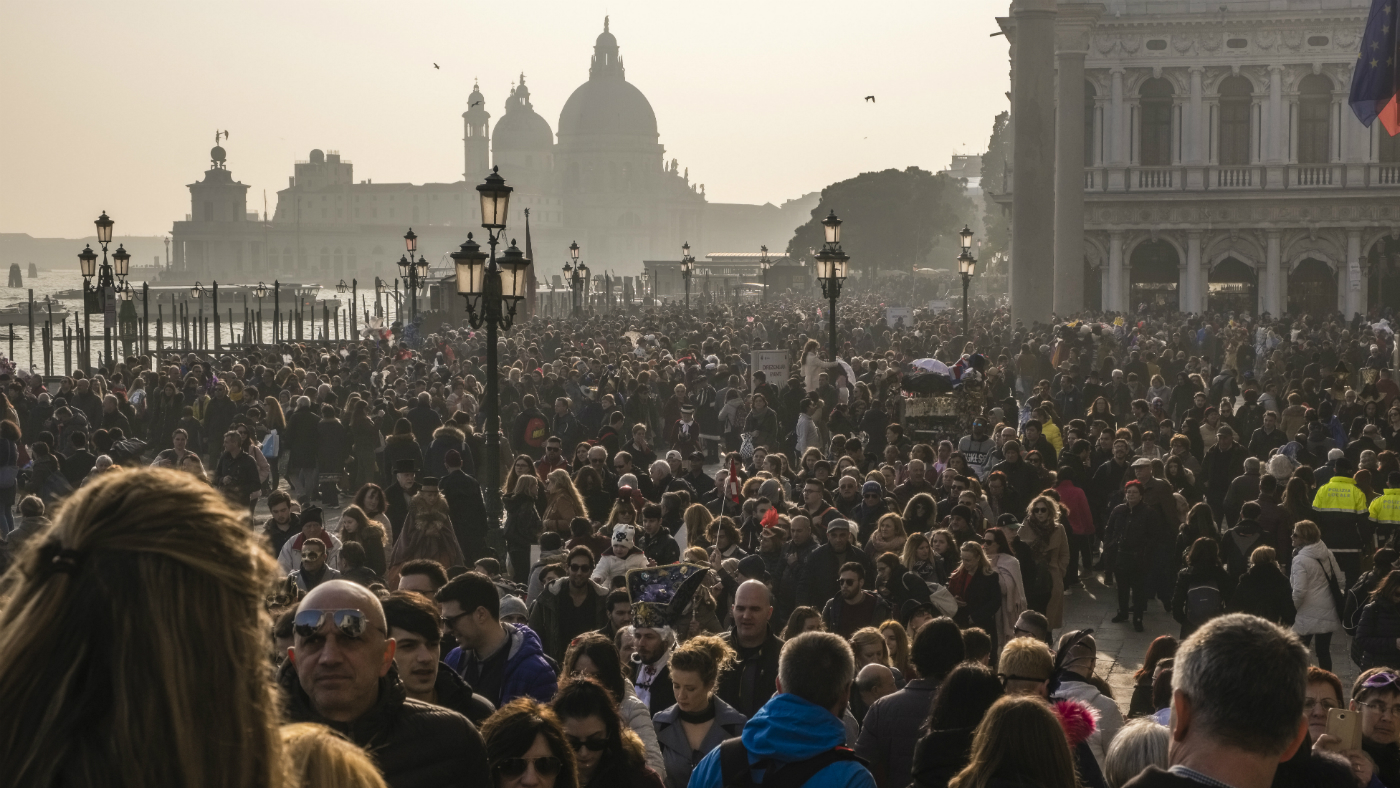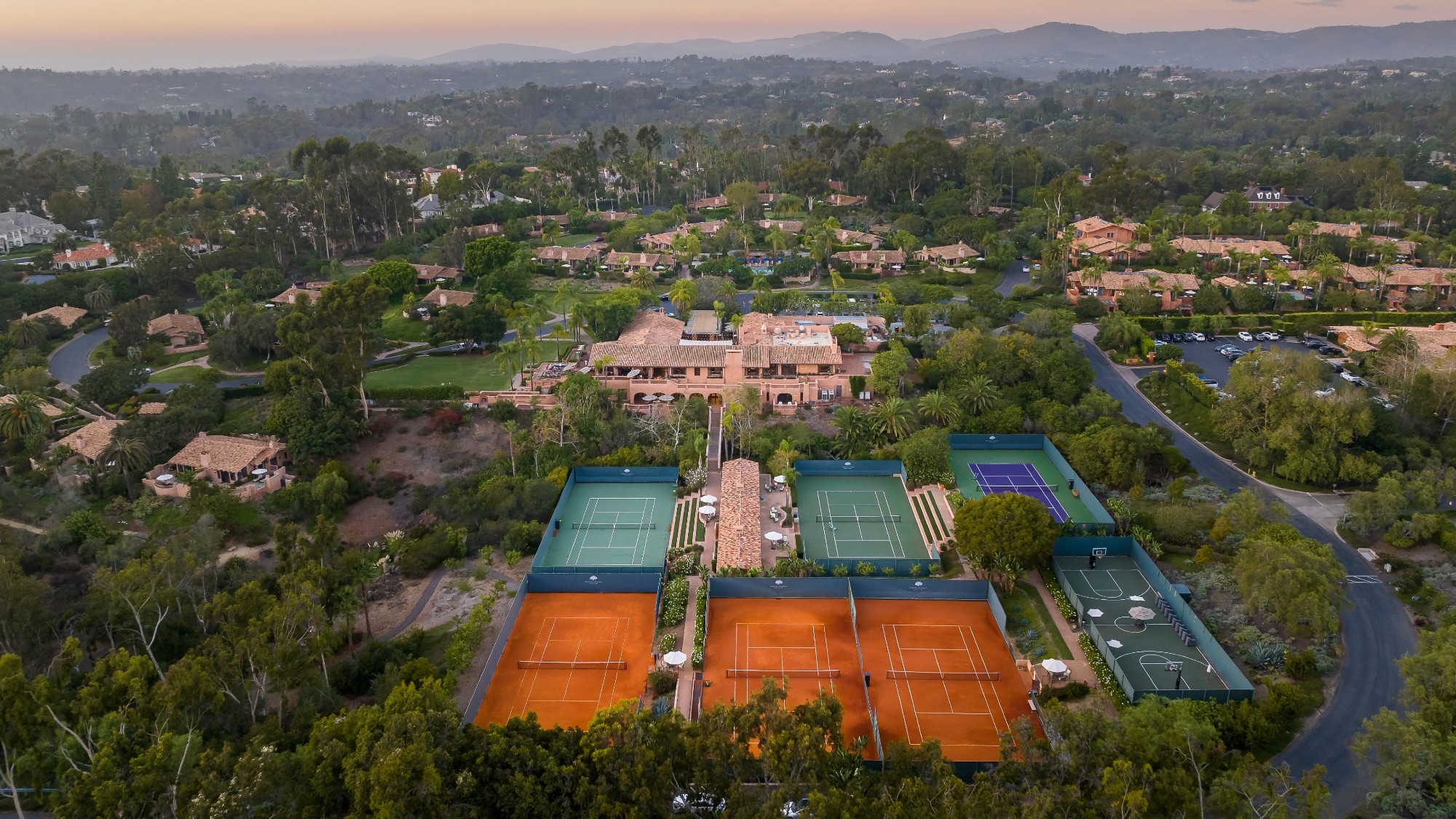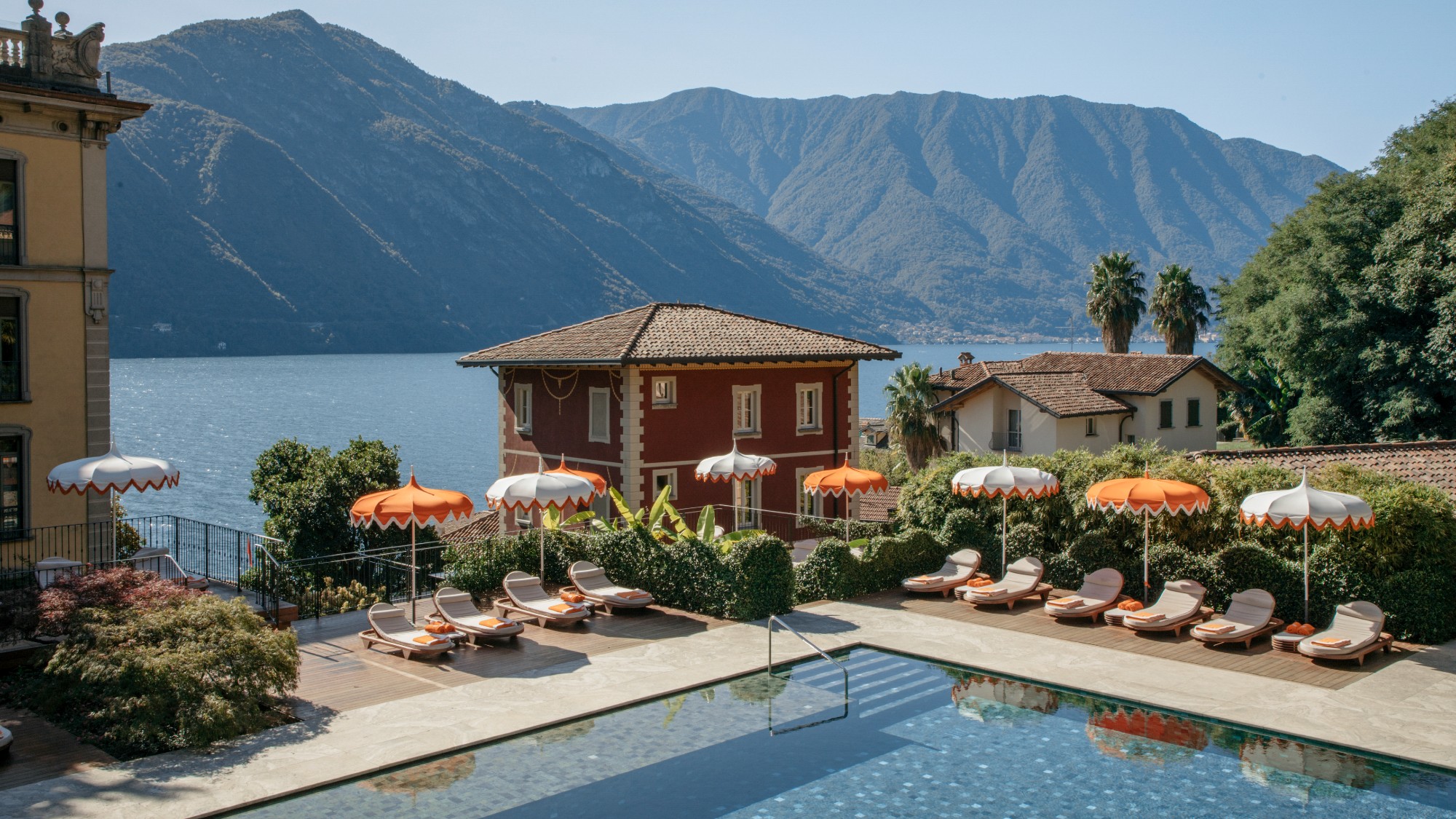Why Venice is fighting for autonomy
Campaigners in the Italian city say they need greater independence to tackle overtourism

A free daily email with the biggest news stories of the day – and the best features from TheWeek.com
You are now subscribed
Your newsletter sign-up was successful
The citizens of Venice are a step closer to expanding the floating city’s autonomy from mainland Italy, following the defeat of a court challenge to block a referendum on the issue.
Venice has been run by the same mayor and council as the mainland district of Mestre across the lagoon since the 1920s. But according to activists, this lack of autonomy has stifled attempts to curb the negative consequences of the increasing number of tourists flocking to the Unesco heritage site.
The legal challenge to the referendum was launched by Venice-Mestre Mayor Luigi Brugnaro, who is now urging Venetians not to take part in the vote, on 1 December.
The Week
Escape your echo chamber. Get the facts behind the news, plus analysis from multiple perspectives.

Sign up for The Week's Free Newsletters
From our morning news briefing to a weekly Good News Newsletter, get the best of The Week delivered directly to your inbox.
From our morning news briefing to a weekly Good News Newsletter, get the best of The Week delivered directly to your inbox.
So exactly what is behind the push for greater autonomy - and could it succeed?
–––––––––––––––––––––––––––––––For a round-up of the most important stories from around the world - and a concise, refreshing and balanced take on the week’s news agenda - try The Week magazine. Get your first six issues for £6–––––––––––––––––––––––––––––––
Why does Venice want greater autonomy?
Venice has been one of the most influential cities in Europe for more a thousand years, becoming one of the world’s first true financial and trading centres in the Middle Ages, and a major cultural hub during the Renaissance.
A free daily email with the biggest news stories of the day – and the best features from TheWeek.com
For most of its history up until the 1860s, the Venice authorities deliberately isolated the city from the mainland, fostering a distinct political ideology and a separate dialect that still remains in use today. It is also one of the richest cities in the country.
In 1866, following the Third Italian War of Independence, Venice became part of the newly created Kingdom of Italy. However, by the 1970s a regionalist movement in both Venice and the wider Veneto area resulted in four referenda relating to independence or autonomy. All were defeated.
With a fifth vote now in the offing, news site The Local reports that the renewed movement to gain greater autonomy has less to do with “cultural identity or fear of foreign government”, and more to do with “mass tourism, depopulation and urban decay”.
Mass tourism
Venice has been flooded with what The Guardian describes as a “rising tide of tourists”, and now receives around 25 million visitors a year - with that figure expected to reach 38 million by 2025.
CNN reports that from April to October each year, an estimated 32,000 cruise ship passengers disembark in the city daily. And since 2015, Airbnb tourist rentals in Venice have more than tripled from 2,441 to 8,320.
“Cruise ships have caused significant environmental damage to the city's waterways and lagoons - sometimes colliding with other vessels,” the US broadcaster adds. “Short visits put a strain on the city’s overstretched infrastructure, and cheap Airbnb rentals have driven up the cost of accommodation and living conditions for locals, some of whom have decided to leave altogether.”
The city has already implemented - or stated its intention to implement - a number of radical proposals aimed at stemming the flow of tourists.
In November 2017, the authorities announced that Venice would block cruise ships from passing through the Grand Canal by the famous Piazza San Marco square. As of August this year, Venice began limiting the number of cruise ships that are allowed to enter the city’s historic centre altogether.
But the most controversial plan is to start charging daytrippers to enter central Venice from summer 2020, with fees as high as €10 (£8.60) proposed for peak season.
Jane da Mosto, a British environmental scientist who founded the We Are Here Venice conservation group, argues that by achieving greater autonomy from Mestre to go ahead with such measures, Venice can fight regional planning rules that have allowed hotels to expand into residential buildings, “hollowing out the city from inside”.
Depopulation
According to Business Insider, the number of permanent Venetian residents has been “decreasing for decades, due to a combination of high prices resulting from the tourism boom, the logistics of a carless city, and erosion from the waters surrounding the city”.
Venice’s population was 150,000 as recently as a few decades ago, but now numbers around 53,000, The Times reports.
“The population shrinkage is self-reinforcing, as a lack of jobs causes young Venetians to move away and thereby ensure that the city’s economy is still more dependent on tourism,” the newspaper says in an editorial.
The Local says that an average of two to three Venetian residents are leaving the old city every day, equating to a decrease of more than 1,000 per year.
“Half of the resident population that’s left is aged over 65,” the news site adds. “If things do not change, Venice’s death is inevitable.”
Differing interests
The relationship between Mestre and Venice is a complicated one.
Matteo Secchi, leader of local activist group Venessia.com, claims that “right now, only six out of 30 town councillors actually live in Venice”.
“By splitting from the mainland we would be masters of our destiny, able to relaunch local accommodation and businesses,” he says.
Conservation group We Are Here Venice also argues that having separate municipalities in Venice and Mestre would allow both districts to deal with their own set of problems more effectively.
“It’s the only solution possible for effectively governing these distinct cities,” says a statement on the group’s website. “Venice and Mestre are two completely different realities that were united during fascism in 1926 and whose history and issues are entirely different.”
That view is shared by some Mestre residents. Local man Giovanni Armellin, an accountant, told The Times: “Mestre has its own historical identity and needs to plan for its future without being held back by Venice, which costs us money. The two are entwined in a deadly embrace.”
Will the referendum pass?
“A recent poll suggested that more Venetians backed Yes than No, while in Mestre, the positions were reversed,” The Times reports. “Crucially, however, Mestre has about twice as many voters.”
Multiple arguments against a separation have been put forward by public officials. The Venice-Mestre council’s financial officer, Michele Zuin, has said that the “exhorbitant cost of rubbish collection in Venice” would probably increase in the event of a split and that “cash that tourists spend on water buses in Venice helps Mestre to pay for its public transport”.
Emphasising the mutually beneficial aspect of the union, Mayor Brugnaro has told voters: “Small is beautiful, but big is better.”
-
 Gisèle Pelicot’s ‘extraordinarily courageous’ memoir is a ‘compelling’ read
Gisèle Pelicot’s ‘extraordinarily courageous’ memoir is a ‘compelling’ readIn the Spotlight A Hymn to Life is a ‘riveting’ account of Pelicot’s ordeal and a ‘rousing feminist manifesto’
-
 The EU’s war on fast fashion
The EU’s war on fast fashionIn the Spotlight Bloc launches investigation into Shein over sale of weapons and ‘childlike’ sex dolls, alongside efforts to tax e-commerce giants and combat textile waste
-
 How to Get to Heaven from Belfast: a ‘highly entertaining ride’
How to Get to Heaven from Belfast: a ‘highly entertaining ride’The Week Recommends Mystery-comedy from the creator of Derry Girls should be ‘your new binge-watch’
-
 A dreamy long weekend on the Amalfi Coast
A dreamy long weekend on the Amalfi CoastThe Week Recommends History, pasta, scenic views – this sun-drenched stretch of Italy’s southern coast has it all
-
 Nepal’s fake mountain rescue fraud
Nepal’s fake mountain rescue fraudUnder The Radar Arrests made in alleged $20 million insurance racket
-
 Villa Treville Positano: a glamorous sanctuary on the Amalfi Coast
Villa Treville Positano: a glamorous sanctuary on the Amalfi CoastThe Week Recommends Franco Zeffirelli’s former private estate is now one of Italy’s most exclusive hotels
-
 The rise of tinned beans
The rise of tinned beansThe Week Recommends Protein-packed, affordable and easy to cook with, the humble legume is having a moment
-
 DC tourism has taken a hit
DC tourism has taken a hitUnder the Radar The government shutdown has reduced tourist attractions
-
 The best adventure holidays for adrenaline junkies
The best adventure holidays for adrenaline junkiesThe Week Recommends Five destinations perfect for outdoor thrill-seekers
-
 8 hotels with ace tennis courts
8 hotels with ace tennis courtsThe Week Recommends Bring your A game
-
 Experience the cool of these 11 stunning pools and lazy rivers this summer
Experience the cool of these 11 stunning pools and lazy rivers this summerThe Week Recommends You'll want to dive right in